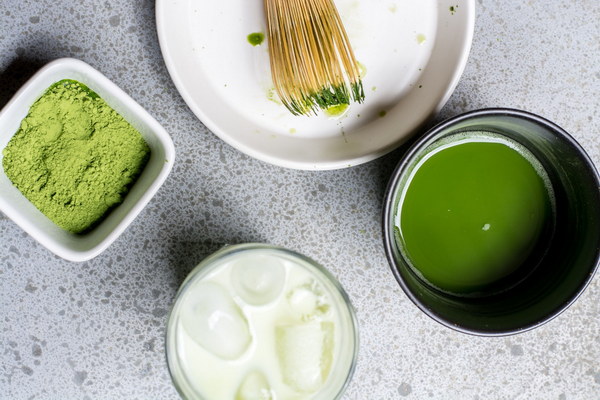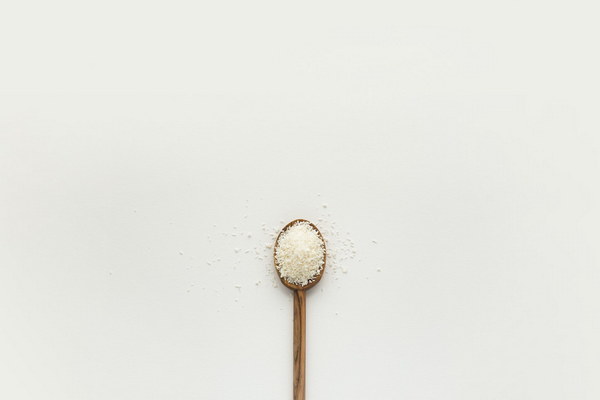Natural Remedies and Lifestyle Adjustments for Managing Body Tics
Introduction:
Body tics, often characterized by sudden, repetitive movements or sounds, can be both distressing and challenging to manage. While there is no cure for tic disorders, there are various natural remedies and lifestyle adjustments that can help individuals cope with and reduce the frequency and severity of their tics. This article explores some effective strategies for managing body tics.
1. Mindfulness and Relaxation Techniques
Mindfulness and relaxation techniques can be incredibly beneficial for individuals dealing with body tics. By practicing mindfulness, such as meditation or deep breathing exercises, individuals can learn to become more aware of their tics and gain control over their reactions. Here are some relaxation techniques that may help:
a. Meditation: Engaging in daily meditation can help individuals develop a sense of calm and control, making it easier to manage their tics.
b. Progressive Muscle Relaxation (PMR): This technique involves tensing and then relaxing different muscle groups in the body to reduce tension and promote relaxation.
c. Deep Breathing Exercises: Practices such as diaphragmatic breathing can help regulate the body's stress response and reduce the frequency of tics.
2. Regular Exercise
Regular physical activity is essential for overall well-being and can have a positive impact on tic disorders. Exercise stimulates the release of endorphins, which are natural mood lifters and painkillers. Engaging in activities like swimming, cycling, or yoga can help individuals manage their body tics by reducing stress and promoting relaxation.
3. Healthy Diet
A balanced diet rich in essential nutrients can support overall health and potentially reduce the severity of body tics. Some key dietary adjustments to consider include:
a. Omega-3 Fatty Acids: Found in foods like fish, nuts, and flaxseeds, omega-3s can help reduce inflammation and improve brain function.
b. Magnesium: This mineral is important for muscle function and has been shown to reduce the frequency of tics in some individuals.
c. B-Vitamins: Deficiencies in certain B-vitamins, such as B6 and B12, have been linked to tic disorders. Including foods like lean meats, fish, eggs, and fortified cereals can help ensure adequate intake.
d. Avoidance of Stimulants: Limiting the consumption of caffeine, nicotine, and other stimulants may help reduce the occurrence of tics.
4. Adequate Sleep
Sleep plays a crucial role in maintaining physical and mental health. A lack of sleep can exacerbate symptoms of body tics, so it's important to establish a regular sleep schedule and create a conducive sleep environment. Here are some tips to improve sleep quality:
a. Stick to a Consistent Sleep Schedule: Aim to go to bed and wake up at the same time every day, even on weekends.
b. Create a Restful Environment: Keep the bedroom cool, dark, and quiet, and invest in a comfortable mattress and pillows.
c. Limit Exposure to Electronic Devices: Reduce screen time before bed to help the brain wind down and prepare for sleep.
5. Stress Management
Stress can trigger or worsen body tics. Learning effective stress management techniques is essential for managing tic disorders. Some strategies include:

a. Time Management: Organize tasks and prioritize responsibilities to reduce feelings of being overwhelmed.
b. Social Support: Seek support from friends, family, or support groups to share experiences and coping strategies.
c. Hobbies and Interests: Engaging in activities that provide a sense of enjoyment and fulfillment can help distract from tics and reduce stress levels.
Conclusion:
While there is no one-size-fits-all solution for managing body tics, implementing a combination of mindfulness, exercise, a healthy diet, adequate sleep, and stress management can significantly improve the quality of life for individuals with tic disorders. It's important to consult with a healthcare professional to develop a tailored treatment plan that addresses individual needs and preferences.









